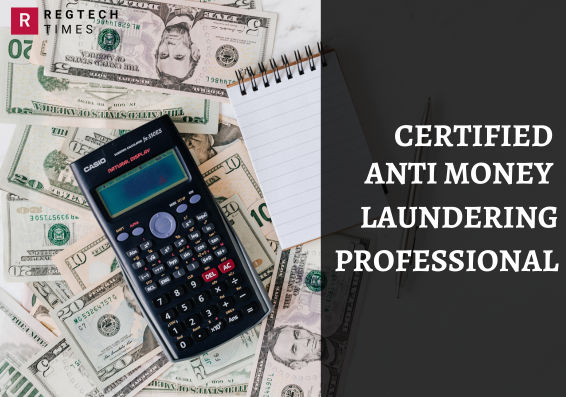Every organization needs AML Investigation. The people who are working in the financial service industry are aware of the Anti-Money Laundering Compliance and Investigation that takes place at large. Money Laundering is not easy to identify as the criminals use different strategies to hide the real source of funds. Over the past few years, money laundering has been a severe issue. Both the financial institutions and the government are searching for combatting money laundering.
Anti-Money Laundering
AML laws require that financial institutions report any financial crime they detect to relevant regulators.
Anti- Money Laundering Investigation
The Anti-Money Laundering Investigation involves a lot of critical thinking when the AML investigator conducts the investigation to determine the transactional activities that are taking place. Anti-Money Laundering Investigation plays a major role in the AML process. Therefore, its very important to understand the process involved in conducting a constructive and through AML investigation.
While doing the AML investigation, one would also be able to understand the suspicious, illicit activities that are taking place.
Anti-Money Laundering Investigation Process
For doing any investigation, there is a process that one needs to follow. Following is the AML Investigation Process:
- Trigger Event
The trigger event is generally regarded as the suspicious activity report (SAR) or a suspicious transaction that needs to be monitored. The trigger event brings t the eyes of the investigator while doing the investigation. SARs are generally more informative than alerts as they contain information about what the submitter has observed or their opinion.
- Understanding the customer
It provides the overall understanding of the activities that needs to be assessed, evaluated and understood.
- Understand the Activity
Under this step a holistic and high-level view of the activity for the relevant review period is undertaken to determine whether the activity in the accounts appears to be in line with your understanding of the customer their business or occupation.
- Elimination of the Norms
In alignment with the previous steps, the activity in all of the accounts under review that clearly is commensurate with what would be expected (normal) by the customer is neither considered unusual or suspicious (from an ML, TF or sanctions perspective) and it is filtered out to enable the investigator to focus on the remaining activity.
- Understanding the remaining activity to conclude if suspicious or not
AML Investigation list has considered the remaining activity. It also includes the trigger event, analysing it by incorporating it.
- Report and consider Divesting
In the AML Investigation process this is the alst step. In this step one submits the SAR/STR, but to also consider divesting the relationship if the risk of maintaining is outside of an organization’s risk appetite.
Overview of Certified Anti-Money Laundering Professional Program
Riskpro Learning has launched a new certification program named Certified Anti-Money Laundering Professional (CAMP) for the compliance, AML professionals to meet the regulatory needs in the emerging market environment. Certified Anti-Money Laundering Professional regarded as one of the best international certifications in the AML domain. To gain the global recognition for the course, Riskpro Learning Academy has entered into the agreement to offer certification program to the global compliance officers.
The Certified Anti-Money Laundering Professional Program is a very unique certification program that offers a lot of benefits and flexibilities to the international community who are working in the AML, compliance domain. Certified Anti-Money Laundering is interesting experience for the compliance professionals.
The aim of launching this program is to provide the aspirants to know the one of the aspects i.e. AML Investigation by doing this program. The aspirants will understand the overall AML investigation process. Hence, it will also help to provide guidance in recognizing, investigating the suspicious activities that are taking place in the organization.
Additionally, it will also discuss instructions on implementing and maintaining an enterprise-wide compliance program. In addition, it will give a road map in investigating, monitoring suspicious activities. As well as recognizing red flags that pose present and future challenges for regulated businesses.






